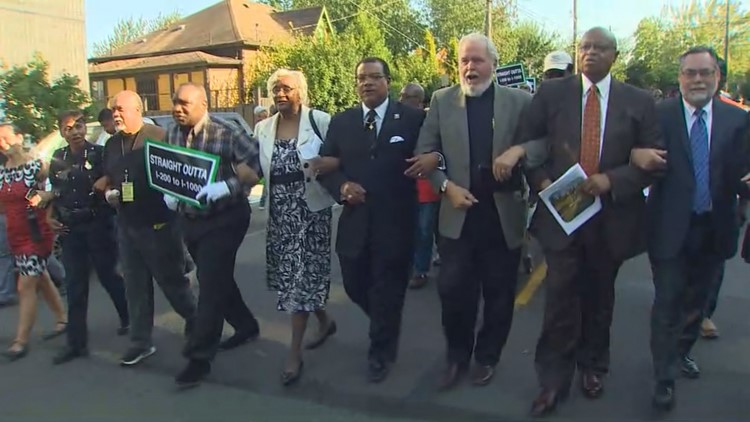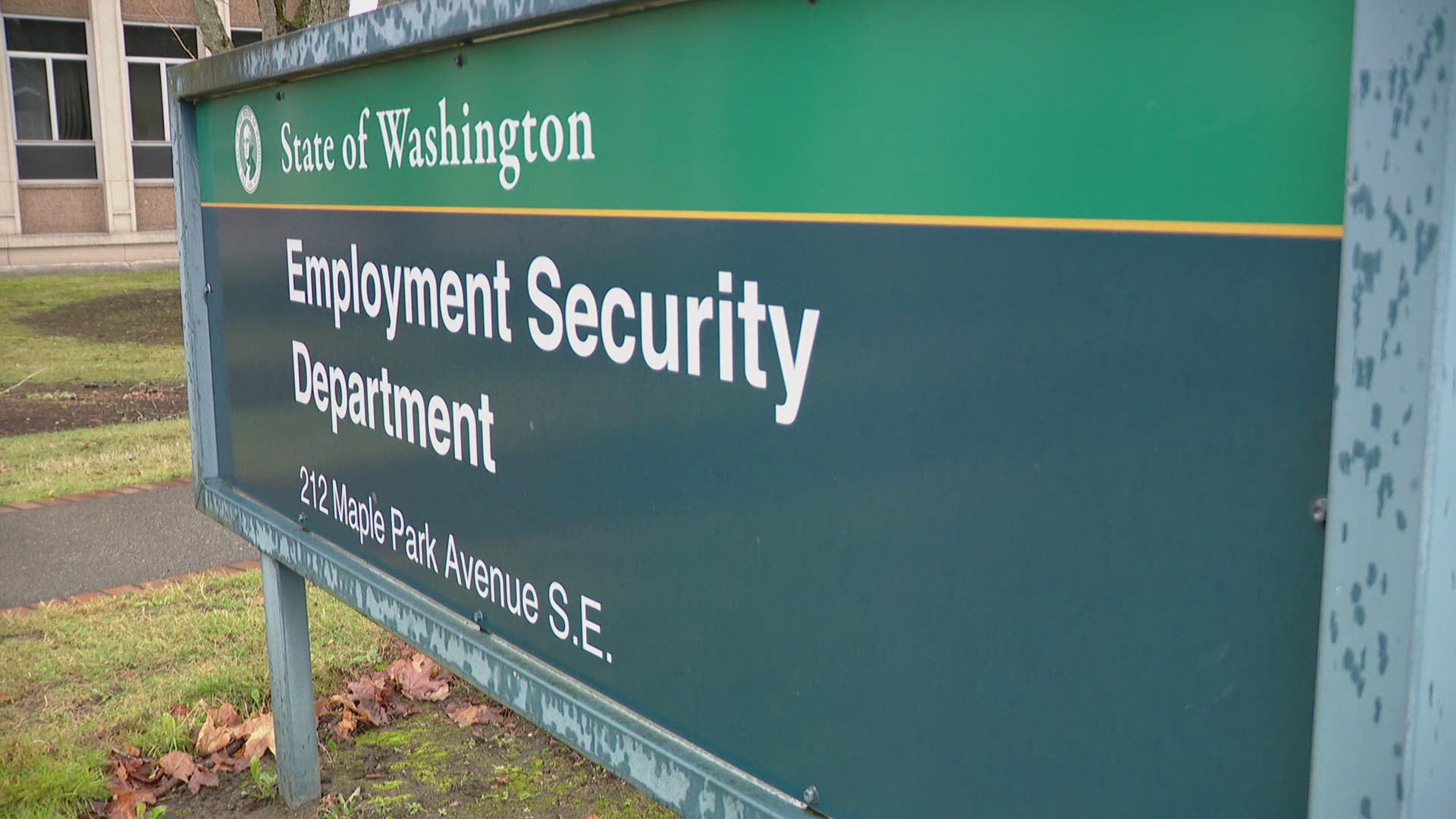On the 55th anniversary of the March on Washington and the famed “I Have A Dream" speech by Rev. Martin Luther King Jr., a group of Seattle community leaders launched a new campaign to repeal Washington’s ban on affirmative action.
I-1000, written as an initiative to the legislature, seeks to overturn the 1998 voter-approved I-200, which prohibits the state government from discriminating against, or granting preferential treatment to, any person or group based on factors such as race or gender.
However, former state representative Jesse Wineberry, one of the lead backers of the I-1000, argues that I-200 has made it more difficult to recruit, hire or promote applicants who are under-represented.
“Our goal is to enable the people to speak once again, 20 years later, now with greater knowledge of what affirmative action is, and that is isn't preferential treatment. And also to see the effects of the old law,” said Jesse Wineberry, one of the backers of I-1000.
Speaking from personal experience, Wineberry, an alum of University of Washington, says he benefited from recruitment as a Queen Anne high school student in the 1970s.
“That was when they could recruit to achieve the racial and gender diversity that the University of Washington didn't have,” said Wineberry. “They still don't have it. But now, for the last 20 years, their hands have been tied, because they haven't been able to recruit or admit based on race or gender, so now it's a crap shoot.”
UW President Ana Mari Cauce has also said I-200 puts UW at a “competitive disadvantage” when seeking to attract the best staff and students from underrepresented minority students in Washington state.
“These talented and promising students are especially targeted and heavily recruited by private universities, as well as public universities in other states, and when they leave our state to attend college, they are less likely to return,” Cauce wrote in a letter to the state legislature during a past effort to repeal I-200. See full letter below
The most recent attempt, Senate Bill 6406, stalled in the legislature earlier this year. The legislation passed out of the Senate State Government, Tribal Relations, Elections Committee, but never made it to the floor for a vote.
I-1000 would apply to public schools, universities as well as state, county, and local government jobs. Wineberry argues that women and minorities have lost $3.5 billion in potential state government contract work over the past 20 years, citing estimates given by the Office of Women and Minority Business Enterprises.
His proposal would also include the creation of a new state commission on Diversity, Equity, and Inclusion.
Meanwhile, critics of I-1000 note the difficulty of repealing I-200 in the past. The 1998 measure was backed by Tim Eyman, John Carlson and California affirmative action opponent Ward Connerly.
“There is nothing more basic to American life than equal rights for every citizen. I-200 was the manifestation of that right,” said Connerly in a statement Tuesday. “It defies logic that efforts would be undertaken to repeal I-200 and to legalize discrimination.”
I-1000 would need to collect around 300,000 signatures by early January in order to be put before the Washington legislature next session. Lawmakers could pass it, as is, with a simple majority, or write and pass an alternative which would then go on the ballot before voters, alongside the original initiative. If lawmakers take no action, the original version of the initiative would go before voters.



